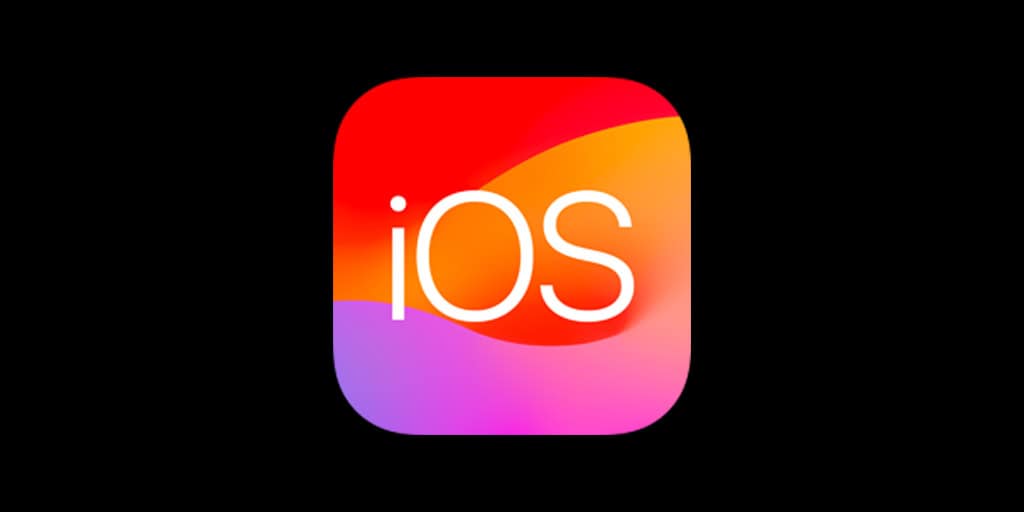iOS 18 is expected to be compatible with a wide range of iPhone models, enabling a large user base to benefit from the latest advancements in Apple’s operating system. Compatibility discussions often revolve around the impact of hardware limitations on software updates. With iOS 18, compatibility starts with the iPhone XR and extends to newer models that feature the A12 Bionic chip. These details are important for users who are planning to update their devices or considering buying a new one, as having access to the latest iOS ensures the best user experience with the latest features, security enhancements, and bug fixes.
Expected Compatible iPhone Models
Based on past trends and the A12 Bionic chip cut off, here’s a table of iPhone models likely to support iOS 18:
| Model | Release Year | Chip |
|---|---|---|
| iPhone XR | 2018 | A12 |
| iPhone XS | 2018 | A12 |
| iPhone XS Max | 2018 | A12 |
| iPhone 11 Series | 2019 | A13 |
| iPhone SE (2nd Generation) | 2020 | A13 |
| iPhone 12 Series | 2020 | A14 |
| iPhone 13 Series | 2021 | A15 |
| iPhone SE (3rd generation) | 2022 | A15 |
| iPhone 14 Series | 2022 | A16 |
| iPhone 15 Series | 2023 | A17 |
| iPhone 16 Series | 2024 | A18 |
Will Your iPhone Run iOS 18? Compatibility Guide
Apple’s latest operating system, iOS 18, is packed with exciting features. But can your iPhone handle it? Here’s a breakdown of which devices are compatible and what you might expect.
iOS 18 Compatible iPhone Models
According to official sources and reputable leaks, here’s a list of iPhones that should support iOS 18:
| iPhone Model | Compatibility |
|---|---|
| iPhone 16 Series | Yes |
| iPhone 15 Series | Yes |
| iPhone 14 Series | Yes |
| iPhone 13 Series | Yes |
| iPhone 12 Series | Yes |
| iPhone 11 Series | Yes |
| iPhone XS, XS Max | Yes |
| iPhone XR | Yes |
| iPhone SE (2nd and 3rd generation) | Yes |
What About Older iPhones?
If your iPhone isn’t on the list, don’t worry. You might still get some updates, but they might not include all the latest features. Here’s what could happen:
- Security Updates: Apple often continues security updates for older devices even if they don’t get the full iOS version.
- Performance Considerations: iOS 18 might run slower or experience occasional glitches on older devices.
How to Check Your iPhone Model
- Open the “Settings” app.
- Go to “General.”
- Tap on “About.”
- Look for the “Model Name” field.
When to Expect iOS 18
Apple typically releases major iOS updates in the fall. Keep an eye on Apple’s announcements and tech news for specific dates and features.
Remember: Even if your iPhone supports iOS 18, it’s always a good idea to back up your data before updating.
Key Takeaways
- iOS 18 is compatible with iPhone XR and newer models housing the A12 Bionic chip or later.
- Understanding device compatibility is essential for experiencing new iOS features and improvements.
- Hardware limitations play a crucial role in determining iOS update eligibility.
Exploring iOS 18 Compatibility with iPhone Models
With the announcement of iOS 18, users are keen to learn which iPhone models will be compatible with the latest operating system. This section breaks down the specifics of device compatibility, including chipset requirements.
Identifying Supported iPhone Models
Supported iPhone models include:
- iPhone XR
- iPhone XS and iPhone XS Max
- iPhone models from the iPhone 11 series
- Devices from the iPhone 12 lineup, including the Mini, Pro, and Pro Max variants
- The complete iPhone 13 series of phones
- The iPhone 14 models along with iPhone 14 Plus, Pro, and Pro Max versions
- The latest iPhone 15 models along with iPhone 15 Plus, Pro, and Pro Max versions
The iPhone 16 series (including the iPhone 16e) support iOS 18 natively.
Understanding A12 Bionic Chipset Limitations
The A12 Bionic chip, first introduced with the iPhone XR and iPhone XS models, represents the minimum hardware requirement for iOS 18. This chipset has the essential capabilities to handle the advanced features of iOS 18, suggesting a focus on maintaining performance and feature support for slightly older devices. Models with this chip and newer ones are expected to run iOS 18 effectively.
Looking at Predecessors: A11 Bionic and A10 Fusion Chips
Earlier chipsets, namely the A11 Bionic and A10 Fusion chips, found in models before the iPhone XR, highlight the cutoff point for iOS 18 support. iPhones housing these chips, such as those in the iPhone 8 series and earlier, are likely not compatible with the iOS 18 update. Cutting off support for older chipsets allows Apple to optimize the new operating system for more current hardware capabilities.
Frequently Asked Questions
In this section, we cover key queries regarding the compatibility of various iPhone models with the iOS 18 update, helping you to understand which devices will support the new operating system.
What is the list of iPhone models compatible with iOS 18?
The official list of compatible devices for iOS 18 will be provided by Apple upon its release. Historically, the latest iOS versions support iPhones from the last four to five years.
Will the iPhone XS support the iOS 18 update?
Yes, it is reported that the iPhone XS, along with the iPhone XS Max, will support the iOS 18 update thanks to their A12 Bionic chip.
Up to which iPhone generation will iOS 18 be available?
The availability of iOS 18 typically spans several previous generations. It is suggested that the iPhone XR and newer models will be eligible for this update.
Are there any iPhone models that will be phased out with the iOS 18 release?
With each new iOS update, older models are usually phased out. Specific models that will be phased out by iOS 18 have not been officially confirmed yet.
Can I install iOS 18 on my iPhone 11?
Based on available information, the iPhone 11 is expected to support iOS 18 due to its relatively recent release and powerful hardware.
What is the oldest iPhone model that can run iOS 18?
The iPhone XR is currently the oldest model rumored to support iOS 18, this is subject to change with the official announcement from Apple.







